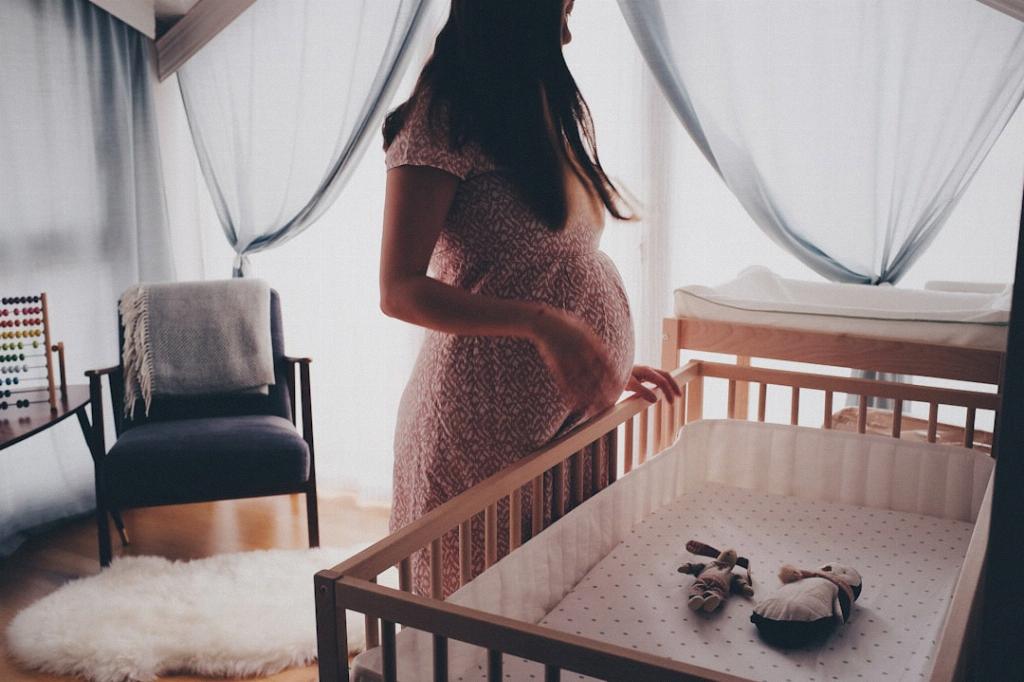When it comes to early pregnancy and the occurrence of bleeding, hormonal imbalance is a significant factor to consider. Hormones play a crucial role in the regulation of various bodily functions, and any disruptions in their levels can lead to unexpected changes in the body, including spotting or light bleeding.
During the early stages of pregnancy, the body undergoes a series of hormonal changes to support the growth and development of the fetus. These changes can sometimes result in imbalances in hormone levels, which may manifest as bleeding or spotting in some individuals.
While hormonal imbalance is often cited as a potential cause of bleeding in early pregnancy, it’s essential to note that not all instances of bleeding can be attributed solely to this factor. Other factors, such as implantation bleeding, cervical changes, or even more serious issues like ectopic pregnancy or miscarriage, can also lead to bleeding during this critical time.
Spotting at around 6 weeks of pregnancy is a common occurrence and is typically considered normal, especially when it is light in nature and not accompanied by severe pain or cramping. In many cases, this type of bleeding is attributed to hormonal fluctuations as the body adjusts to the new pregnancy.
However, it is crucial to differentiate between normal spotting and bleeding that may indicate a more serious underlying issue. Hormonal imbalance alone may not always be the culprit, and it is essential for individuals experiencing bleeding in early pregnancy to seek medical advice to rule out any potential complications.
Monitoring the frequency and intensity of bleeding, along with other accompanying symptoms, can provide valuable information to healthcare providers in assessing the overall health of the pregnancy. Bleeding associated with hormonal imbalance may resolve on its own, but it is always best to err on the side of caution and consult with a healthcare professional.
Individuals experiencing bleeding in early pregnancy should avoid self-diagnosing the cause and instead focus on seeking appropriate medical evaluation and guidance. Hormonal imbalance can indeed contribute to bleeding during this time, but a thorough examination is necessary to rule out other possible factors.
During pregnancy, the body undergoes numerous changes, and the interplay of hormones is a complex and delicate process. Hormonal imbalance, though common, can sometimes lead to unexpected symptoms like bleeding, underscoring the importance of regular prenatal care and monitoring.
Overall, while hormonal imbalance can be a potential factor in causing bleeding in early pregnancy, it is essential to approach any instances of bleeding with caution and vigilance. Seeking prompt medical attention and guidance can help ensure the best possible outcomes for both the individual and the pregnancy.
By staying informed and proactive about the potential causes of bleeding in early pregnancy, individuals can take steps to safeguard their health and well-being, promoting a smoother and more manageable pregnancy journey.

